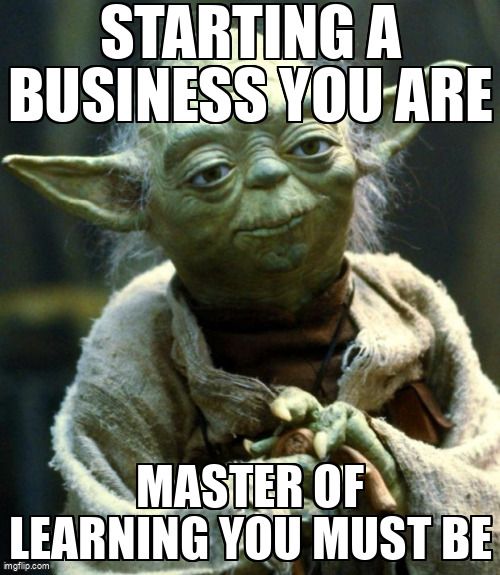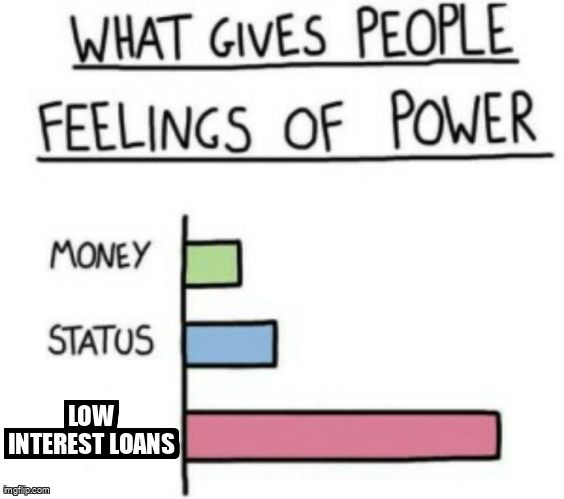Are you thinking about starting your own business to give yourself some financial freedom? Wondering about how to approach issues that will come your way?

In 2005, along with my spouse, I started an enterprise buying, renovating, and managing four under-valued Victorian duplexes in Hamilton, Ontario's decaying downtown core.
After 15 years of renting these properties to tenants and maintaining them, the downtown core of Hamilton improved dramatically. With this shift, the values of these properties increased substantially.
Here are three general insights that are applicable to other businesses that I realized from running a financially successful business.
1. Ignore the Naysayers
Don’t let naysayers demoralize you from working hard in pursuing your business venture!
Often the best business ideas are risky and not easy to implement. My parents and friends didn't share my belief that these homes were good investments and thought it was foolish to incur debt.
Rather than allowing their opinions to discourage me, I sought the advice of those who had industry knowledge. During this time, I expanded my network to include bankers, real estate investors, and brokers who could provide industry insights. Read some tips on building a network.

2. Debt Will Help You Grow
Get comfortable with the idea of managing debt to grow and manage your business.
At the same time, understand that managing capital is an obligation that requires active monitoring.
You'll need access to money known as financial capital to grow any business. In addition, you'll likely need to pursue multiple options of financial capital. The Business Development Bank of Canada lists eight options that include bank loans, personal investment, and love money. Financial capital can take the form of debt or equity.
In the case of my real estate business, we leveraged multiple forms of financing. We partnered with another investor on a few of our homes.
We also secured home equity lines to have access to the capital to make renovations and repairs on the homes. This was critical to maintain the quality of rentals to attract quality tenants.
It is also helpful to understand your own comfort level with managing money and invests. Review some tips on assessing your risk tolerance.

Quiz
Which of these statements about financing your business support the growth of your business?
3. Embrace Effectual Thinking
It's not possible to plan ahead for every issue that will come your way. Planning and thinking ahead is a good thing to do, but you'll need problem-solving skills to react to unexpected issues. Academic researcher Saras Sarasvathy found that the most successful entrepreneurs engage in a certain type of thinking called effectual thinking.

Effectual thinking involves improvising, collaborating, and adapting. Effectual thinking supports learning from your own experiences and mistakes rather than adhering to textbook wisdom.
At the start of our business, we weren't sure how to best screen tenants. No one interested in renting our units met all the items on the tenant screening checklist.
When we managed rentals, vacancy rates were high, and we couldn't afford to wait for tenants with perfect track records. Over time, we developed our own set of screening processes for tenants.

For example, while the conventional advice would be not to rent to young people with consumer debt, we learned through experience that young people with some consumer debt weren't indicators of tenants who would be uncooperative, unlikely to pay rent, or do damage to the property.
Take Action
Starting any business requires confidence and commitment in making your ideas happen.

Your feedback matters to us.
This Byte helped me better understand the topic.
